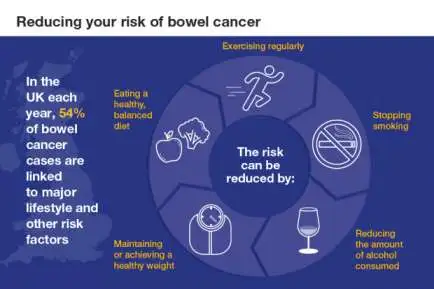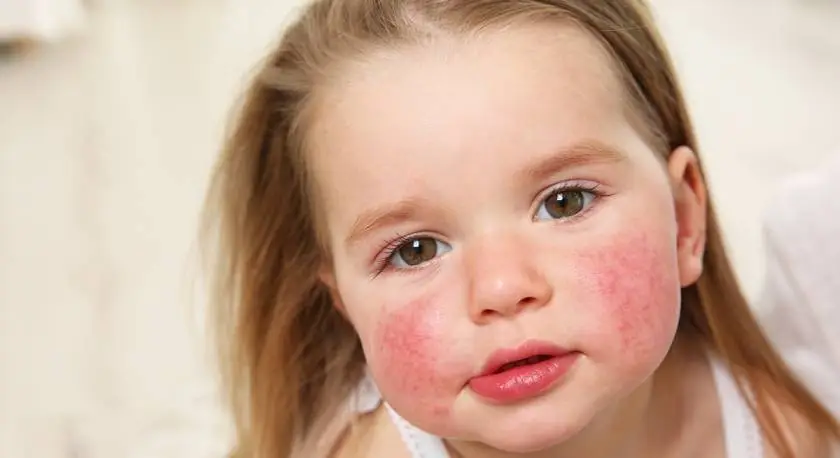
A worker wearing personal protective equipment holds a tray containing unlabeled ampoules of the ‘Gam-COVID-Vac’ COVID-19 vaccine, developed by the Gamaleya National Research Center for Epidemiology and Microbiology and the Russian Direct Investment Fund (RDIF).
Bloomberg | Bloomberg | Getty Images
Hot on the heels of positive coronavirus vaccine news from the U.K. and U.S., Russia has said that it will make its own shot cheaper than its rivals, and aims to produce 1 billion doses next year.
“The cost of one dose of the Sputnik V vaccine for international markets will be less than $10,” Russia’s sovereign wealth fund (RDIF) said on Tuesday. Russia’s coronavirus vaccine requires two doses.
“Thus, Sputnik V will be two or more times cheaper than foreign vaccines based on mRNA technology with similar efficacy rates. For Russian citizens, vaccination with Sputnik V will be free of charge,” RDIF added.
The statement appears to be referring to Pfizer and BioNTech, and Moderna’s vaccine candidates, which are made from messenger RNA, or mRNA. Both have reported high efficacy rates of their vaccines in late-stage trials over the last couple of weeks.
Pfizer and BioNTech’s is reportedly expected to come in around $20 per dose, while Moderna’s CEO said two days ago that its vaccine will cost between $25-$37 per dose, depending on the amount ordered. Both require two doses.
The comments from Russia also come a day after British pharmaceutical AstraZeneca and the University of Oxford said on Monday that their coronavirus vaccine was “highly effective,” according to interim analysis of late-stage clinical trials. Their vaccine does not use mRNA technology, but instead uses a viral vector approach.
AstraZeneca’s vaccine, which requires two doses, is estimated to cost $3-4 per dose.
One billion doses
Optimism over the vaccine news has quickly turned to a focus on practicalities, cost and logistics of mass production and distribution.
RDIF said on Tuesday that current deals with “leading foreign pharmaceutical companies” meant it was planning to produce enough of its vaccine “for 500 million people per year starting from 2021.” As it’s a two-dose vaccine, this means it’s targeting production of one billion doses next year.
In comparison, Pfizer and BioNTech have said they expect to produce up to 1.3 billion doses in 2021, whereas Moderna has said it is on track to manufacture between 500 million to 1 billion doses globally in 2021. AstraZeneca said on Monday that it is making “rapid progress in manufacturing with a capacity of up to 3 billion doses of the vaccine in 2021 on a rolling basis, pending regulatory approval.”
Russia’s coronavirus vaccine was the first in the world to be registered, promoting international skepticism over its efficacy and safety credentials as it had not published any early stage clinical trial data or begun phase three trials at the time.
It has since shared its first interim analysis of phase three trials, and on Tuesday published the second interim analysis of trial data. It said the results showed the vaccine had a 91.4% efficacy at preventing coronavirus infection after 28 days, and was over 95% effective after 42 days. The trial evaluated the data after there were 39 confirmed coronavirus cases among the 18,794 volunteers who received both doses of the Sputnik V vaccine or a placebo.
RDIF reiterated on Tuesday that its trial results would be published by the country’s Gamaleya Center team “in one of the leading international peer-reviewed medical journals” but did not specify a time frame for that. It added that after the completion of phase three clinical trials, it would provide access to the full clinical trial report.
Related Post
 08
08 Jul
What Is Self-Management of Chronic Disease?
Diabetes, joint inflammation, hypertension, lung illness, corpulence and other persistent sicknesses can make life challenging to oversee for a great many more seasoned grown-ups, frequently compelling them to surrender their freedom. The Challenges of Chronic Disease More established grown-ups are lopsidedly impacted.
Read More 01
01 Jul
7 Lifestyle Tips to Reduce Your Cancer Risk
How in all actuality do individuals bring down the possibilities getting malignant growth? There's a lot of exhortation. Yet, on occasion, guidance from one review conflicts with the exhortation from another. Disease avoidance data keeps on creating. In any case,.
Read More 27
27 Jun
Effective Allergy Treatments for Kids: A Comprehensive Guide
Is your youngster experiencing a runny nose, sniffling, and bothersome eyes? Assist them with feeling improved with these regular sensitivity cures you can attempt at home. Does your kid have a runny nose, sniffling, and irritated eyes? They may be managing.
Read More 20
20 Jun
Journal Prompts for Mental Health: 7 Ideas to Explore
Journaling has a heap of psychological well-being benefits, however you don't necessarily have any idea what to expound on to get the worth out of a journaling meeting. That is where journaling prompts for treatment come in. More profound diary prompts.
Read More